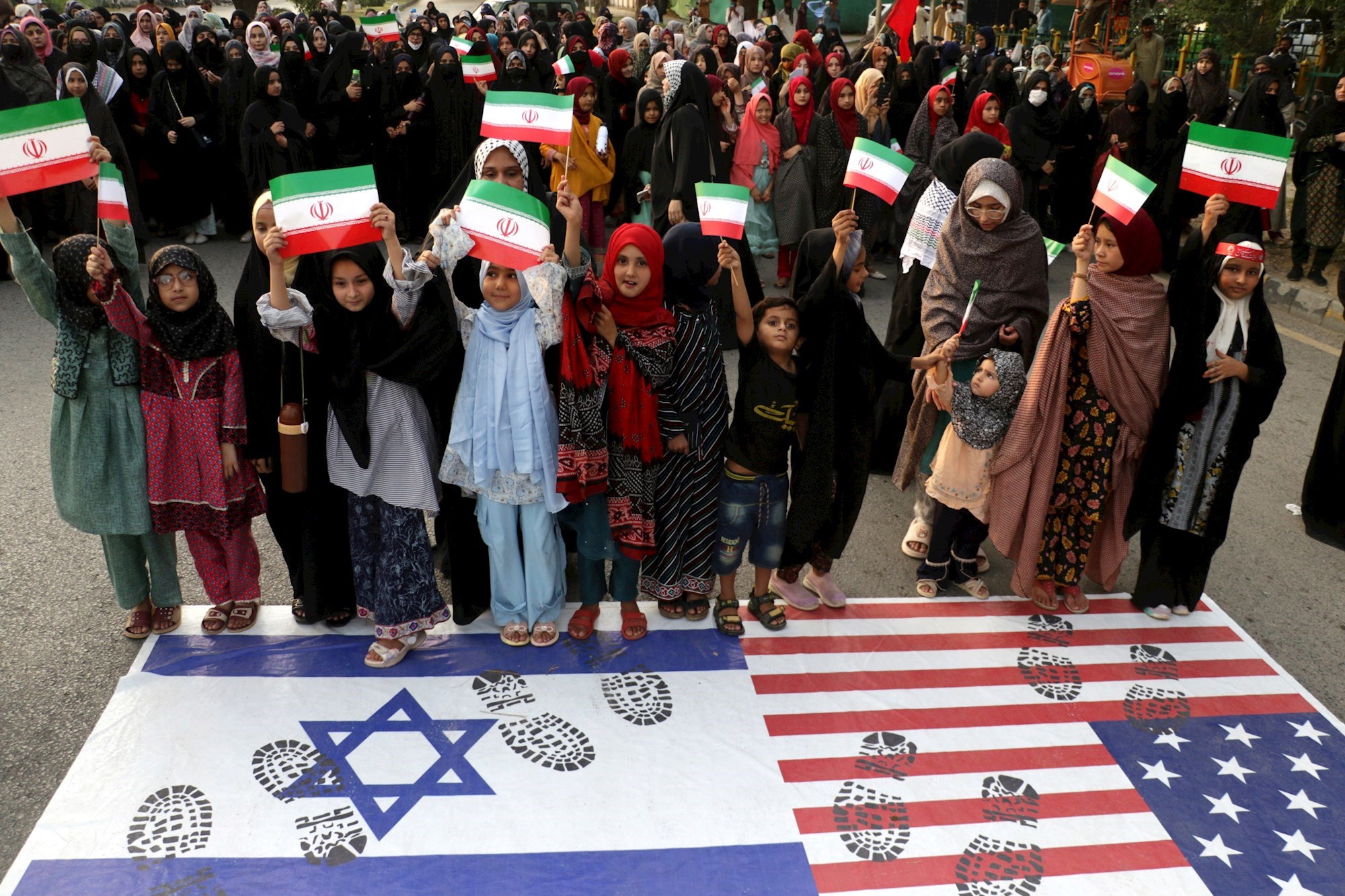Israeli attacks on Iranian nuclear targets have killed leading scientists and destroyed parts of the program but have not seriously halted Iran’s nuclear development. Israeli military officials and international experts agree that the attacks delayed Iran’s nuclear program by several months, but the risk of using force may prompt Iran to accelerate bomb development. U.S. intelligence sources believe Iran was not actively pursuing a nuclear bomb, but the conflict could change that decision. Israel possesses a nuclear arsenal as a deterrent, while Iran continues its program, especially at the Fordow facility, which is hard to reach. While Israel prefers a military option, some experts argue that a diplomatic agreement with strict inspections would offer a more lasting solution. The war and attacks have caused fear and anger in Iran, while the international community criticizes Israeli military tactics and civilian casualties. This situation complicates regional security and international efforts to control nuclear weapons.
Political Perspectives:
Left: Left-leaning sources emphasize the humanitarian impact of the Israeli attacks, highlighting civilian casualties and criticizing Israel’s military tactics as disproportionate and potentially war crimes. They stress the importance of diplomatic solutions and warn that military actions may escalate the conflict and destabilize the region further.
Center: Centrist perspectives focus on the strategic and security dimensions of the conflict, acknowledging Israel’s right to defend itself and delay Iran’s nuclear ambitions while also recognizing the limitations of military action. They highlight the complexity of the situation, the role of intelligence assessments, and the potential benefits of diplomatic agreements with strict inspections.
Right: Right-leaning narratives emphasize Israel’s military strength and intelligence capabilities, portraying the attacks as necessary measures to prevent Iran from acquiring nuclear weapons. They support a hardline stance against Iran, including regime change, and view military options as preferable to diplomatic compromises, which they often see as ineffective or dangerous.































